News
Plastic packaging reduction requires industry rethink
6 Jan 2023
The food and beverage sector is calling for industry-wide collaboration and business model updates to reduce the environmental impact of plastic packaging.
Addressing the prevalence of plastic packaging in the food and beverage industry and its subsequent impact on the environment is a crucial issue, driving new product developments and the adoption of circular economy models.
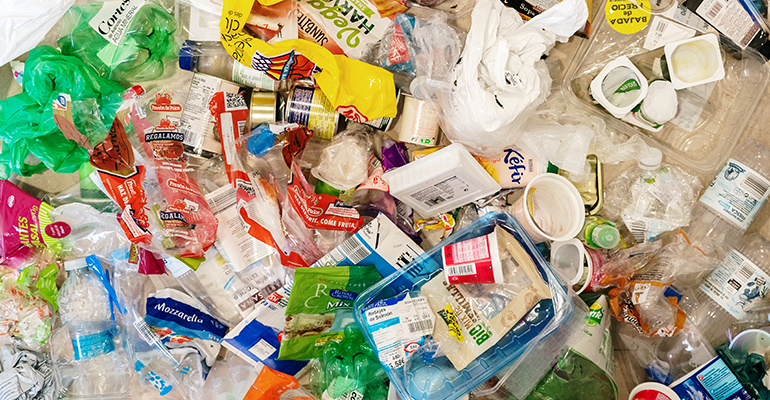
“Plastic food packaging contributes very much to plastic pollution,” says Jane Muncke, managing director at Food Packaging Forum (FPF), speaking to Ingredients Network. Tackling plastic packaging at the source will prevent this environmental issue, she adds.
As awareness of plastics and their adverse environmental effects are showing up in various ways, such as in their presence in microplastics and aquatic ecosystems, brands are redesigning their packaging and approaches to waste.
Transforming global food consumption
How foodstuffs are produced and consumed globally are key factors influencing the plastic packaging pollution problem. “Globalised business models are highly profitable because of the availability of cheap, single-use plastic packaging,” says Justin Boucher, operations director at FPF.
The availability of this plastic packaging and subsequent profit enables businesses to produce packaging for the global market, regardless of the waste management infrastructure where they sell their products. Without appropriate end-of-life infrastructure to manage packaging once it becomes waste, it can end up in landfills, detrimentally impacting the environment.
The recycling narrative has also been cited as a factor perpetuating the problem. “Recycling plastics does not solve the problem; it may contribute incrementally to reducing plastic pollution, but it will lead to new problems down the road, such as hazardous chemicals coming back into material streams where they really should not be found at all,” says Muncke.
Biodegradable plastics is one area where this can be found. A lack of information and awareness on how to adequately dispose of biodegradable plastics contributes to plastic packaging build-up in the supply chain.
Additionally, the infrastructure needed to degrade compostable bioplastics is unavailable in many places as they cannot degrade naturally in the environment. “So, their increasing use may actually lead to the exasperation of the plastic pollution issue,” Boucher says.
Revising business models
“The only way to properly and sustainably tackle this is to change business models,” says Muncke. “There are no quick fixes.”
“A new and fresh way of thinking is needed that is not only driven by a financial logic that seeks to maximise profits in the short term,” adds Boucher.
Considering and investing in reusable packaging and collection systems is also recognised as important to reduce our dependency, wherever possible, on single-use materials.
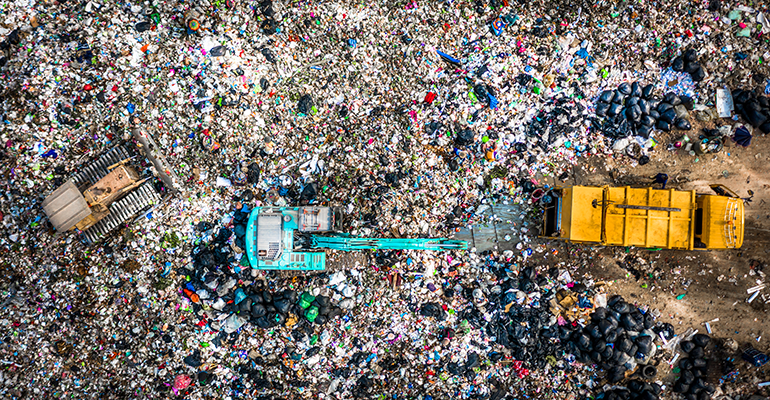 © AdobeStock/Kalyakan
© AdobeStock/Kalyakan
Getting to grips with chemicals
Calls to increase the focus on chemicals in plastics are gathering pace too. The chemical risk assessment of food packaging needs to address effects relevant to human health.
“The regulatory system for determining the safety of chemicals in food packaging is inadequate,” says Muncke. “Too many chronic diseases are increasingly prevalent in our society, and many of these could have been prevented by better chemical risk assessment and chemical management.”
Consequently, the packaging sector will now need to focus on simplifying materials and simplifying the chemistry of these materials. In considering chemical risk assessments, these must go beyond just testing if a single substance used to make plastics is genotoxic — if it can damage DNA— which is the current focus of many regulations today, she says.
“Ultimately, packaging materials decisions cannot be made in isolation,” says Boucher. Packaging choice depends on the company’s business model. Setting up infrastructure that enables reusable packaging made with inert materials is one way to increase reusable uptake by removing barriers of cost, convenience, and collaboration between public and private partners, which is essential.
“A truly robust chemical risk assessment will consider all of these impacts and test all the chemicals that are present in plastics, not only the ones used to make the material,” Boucher says.
Current plastic initiatives
Alongside the regulatory landscape, organisations and charities are working to overhaul plastic packaging throughout the supply chain.
In 2022, efforts to create a global plastics treaty have advanced. The Business Coalition for a Global Plastics Treaty’s resolution initiated the intergovernmental negotiation process for a global plastic treaty to move towards attaining a circular economy for plastics.
The Understanding Packaging Scorecard is a science-led online tool that enables users to score plastic packaging and its alternatives for six environmental and human health metrics: plastic pollution, chemicals of concern, climate, water use, sustainable sourcing, and recoverability. The tool aims to help users choose safe and environmentally sustainable foodware and food packaging. The World Business Council for Sustainable Development has launched its SPHERE packaging framework to address packaging waste mismanagement.
Related news

UK Government overhauls childhood obesity strategy
21 Nov 2025
The UK Government has announced a new package of measures designed to reverse the nation’s childhood obesity epidemic following the release of statistics revealing the scale of the crisis.
Read more
How younger consumers are redefining ingredient choices and rejecting brand loyalty
18 Nov 2025
Gen Z and millennial consumers’ preferences for transparency, functionality, and purpose are “redefining the very nature of consumption itself”, says SPINS.
Read more
New UPF standard hoped to offer consumers ‘coherence and clarity’
10 Nov 2025
Ingredients companies are being urged to enter “a new era of partnership and innovation” following the launch of the industry’s first non-UPF verification scheme.
Read more
Ingredient quantities mislabelled on popular protein bars, independent tests show
5 Nov 2025
Some popular protein bars contain more fat, carbs, and/or sugars than claimed on their labels, independent nutrition testing reveals.
Read more
Does promoting protein content push up plant-based sales?
27 Oct 2025
Promoting the protein content of meat-free products is a more effective sales strategy than adding carbon labels, a study of UK bakery chain Greggs suggests.
Read more
Supplement shoppers seek storytelling and science-backed suppliers
17 Oct 2025
Supplement consumers want specific health benefits that focus on prevention and personalisation, according to data from HealthFocus International.
Read more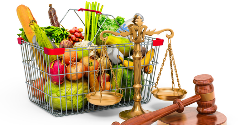
Food fraud risks rise as brands fight economic and environmental headwinds
10 Oct 2025
Climate change, geopolitics, regulations, and demand for sustainable products are pushing up food fraud and adulteration risks, warns a world-leading food fraud expert.
Read more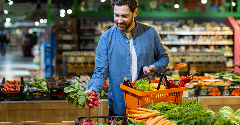
The growing appeal of nutrient-dense food claims
2 Oct 2025
Nutrient-dense claims are rising as consumers reject the “empty calories” of UPFs in favour of products that provide meaningful nutrition with every calorie, Mintel data shows.
Read more
What does MAHA mean for the US nutraceutical industry?
30 Sep 2025
Industry associations have expressed mixed reactions to new policy directions on health and nutrition under the Make America Health Again (MAHA) banner.
Read more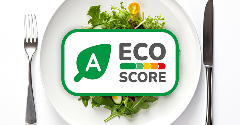
Eco-Score labels improve consumer identification of sustainable foods
22 Sep 2025
The presence of a front-of-pack Eco-Score label improves consumers' accuracy in identifying sustainable food products from 52% to 72%, a study suggests.
Read more